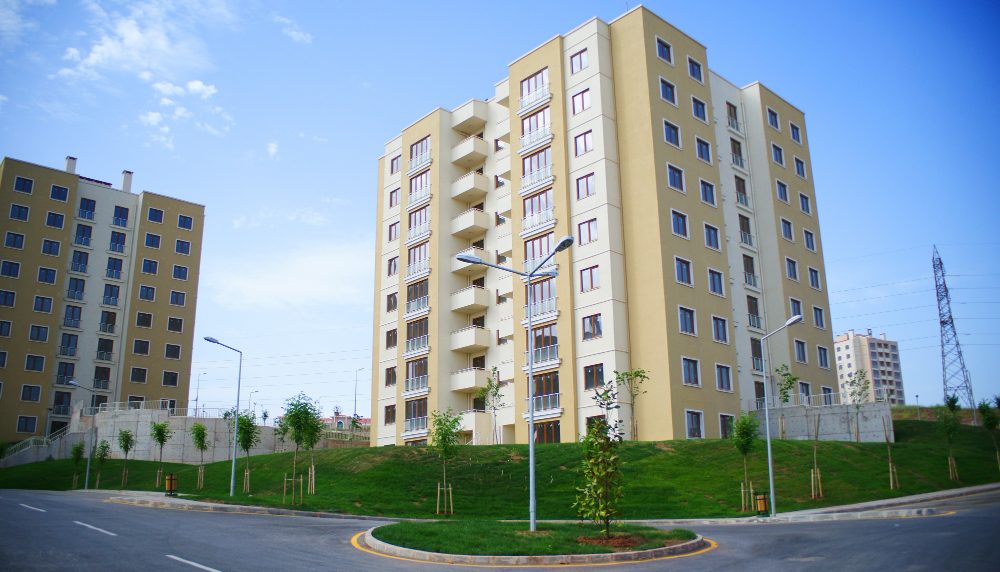Introduction
In the complex world of income tax, it’s essential for taxpayers to grasp the intricacies of various deductions and exemptions available to them. This knowledge not only ensures compliance with tax laws but also helps in optimizing financial planning. Three significant provisions that can make a substantial impact on an individual’s tax liability are Section 24B, 80EE, and 80EEA. In this article, we will delve into the details of each of these sections, shedding light on their purpose, eligibility criteria, and benefits.

Section 24B: Deduction for Interest on Home Loan
One of the most common financial decisions individuals make is investing in a home. The government recognizes the financial strain such investments can cause and offers relief in the form of deductions on home loan interest payments under Section 24B. This section allows taxpayers to claim deductions on the interest paid on a home loan, reducing their taxable income.
Eligibility Criteria: To claim deductions under Section 24B, the following conditions must be met:
- Ownership of Property: The taxpayer should be the owner or co-owner of the property for which the loan is taken.
- Purpose of Loan: The loan must be taken for the purpose of purchasing, constructing, repairing, or renovating a residential property.
- Completion of Property: The property’s construction should be completed within five years from the end of the financial year in which the loan was taken.
Maximum Deduction: As per current regulations, taxpayers can claim a maximum deduction of up to ₹2 lakh per financial year under Section 24B.
Consult CA Arun Tiwari for more information at 📞 8080088288 or cs@aktassociates.com
Section 80EE: Additional Deduction on Home Loan Interest for First-Time Buyers
In a bid to promote affordable housing and encourage first-time homebuyers, Section 80EE was introduced. This section provides an additional deduction on top of the benefits offered under Section 24B, specifically for first-time buyers.
Eligibility Criteria: To avail of deductions under Section 80EE, taxpayers must meet the following conditions:
- First-Time Buyer: The taxpayer must be a first-time homebuyer. This means they should not own any other residential property on the date of sanction of the home loan.
- Loan Amount: The loan amount should not exceed ₹35 lakh, and the property value should not exceed ₹50 lakh.
- Loan Approval Date: The home loan must be sanctioned between April 1, 2016, and March 31, 2017.
Maximum Deduction: Under Section 80EE, eligible taxpayers can claim an additional deduction of up to ₹50,000 per financial year. It’s important to note that this deduction is over and above the deduction available under Section 24B.

Section 80EEA: Extended Deduction on Home Loan Interest for Affordable Housing
To further support affordable housing and expand the benefits to a wider section of society, Section 80EEA was introduced. This section extends the deduction on home loan interest payments beyond what is offered by Section 24B and 80EE.
Eligibility Criteria: Taxpayers looking to avail deductions under Section 80EEA need to fulfill these conditions:
- Eligible Property: The property’s stamp duty value must not exceed ₹45 lakh.
- Loan Sanction Date: The loan for the eligible property must be sanctioned between April 1, 2019, and March 31, 2022.
- First-Time Homebuyer: The taxpayer should not own any other residential property on the date of sanction of the home loan.
Maximum Deduction: Under Section 80EEA, eligible taxpayers can claim a deduction of up to ₹1.5 lakh per financial year. This deduction, when combined with the benefits from Section 24B and 80EE, can lead to substantial tax savings.
Maximizing Tax Savings: A Strategic Approach
To fully leverage the benefits of these deductions, taxpayers should adopt a strategic approach to financial planning:
- Thorough Documentation: Maintain all necessary documents related to the home loan, property ownership, and loan approval to ensure smooth processing of deductions.
- Claim Both Deductions: For those eligible, claiming deductions under all three sections (24B, 80EE, and 80EEA) can result in significant cumulative tax savings.
- Optimal Loan Structuring: Consider structuring your home loan in a way that maximizes the benefits available under these sections. Seek professional advice if needed.
- Stay Updated: Tax laws are subject to change. Stay informed about any amendments or updates to these sections to make informed financial decisions.
Conclusion
Understanding the provisions of Section 24B, 80EE, and 80EEA is essential for taxpayers aiming to optimize their financial portfolio while ensuring tax compliance. These deductions not only alleviate the financial burden of home loan interest payments but also incentivize affordable housing and support first-time homebuyers. By carefully adhering to the eligibility criteria and adopting a strategic approach, individuals can make the most of these deductions and secure their financial future.
Incorporating these deductions into your financial plan can have a substantial positive impact on your tax liability. Make sure to consult with a tax professional or financial advisor to ensure that you’re maximizing your tax savings within the boundaries of the law. As regulations can change, staying informed is crucial for maintaining financial well-being.

